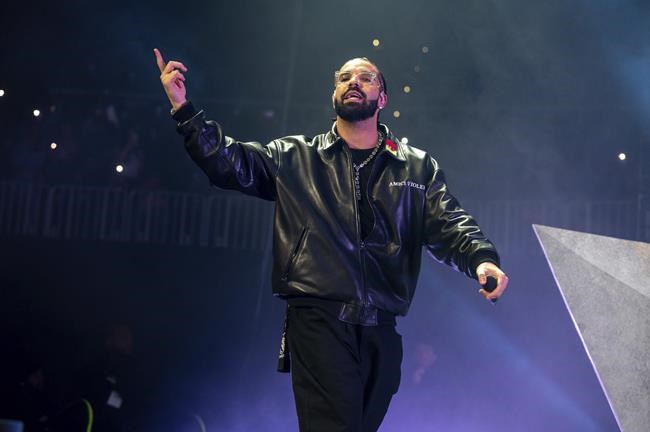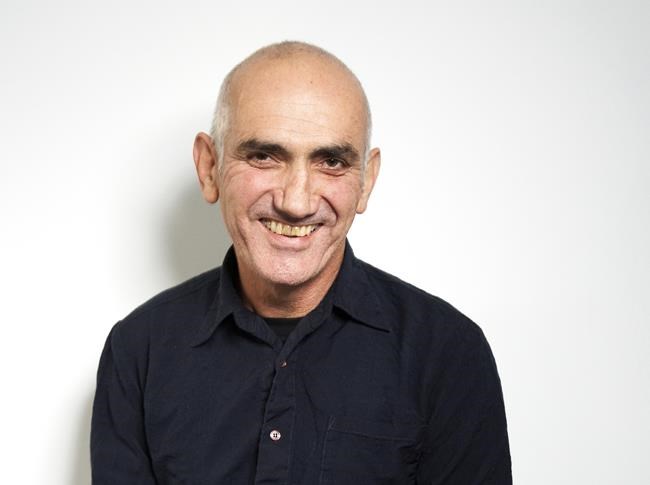It’s war – Meta pulls out of news deal

- by Admin
- March 1, 2024

Meta’s decision has prompted an immediate and fierce reaction from Prime Minister Anthony Albanese, his ministers, the opposition and media publishers. Mr Albanese blasted Meta’s actions on Friday as “not the Australian way”.
“We will always stand up for Australian media interests and media diversity,” he said. “It is absolutely critical that media is able to function and be properly funded. The idea that research and work done by others can be taken for free is simply untenable.”
In a blog post, Meta said it would remove the little-used Facebook News tab it created in 2019, but that users will still be able to share links to news stories.
That means it will not remove news pages as it did in a poorly received attempt to pressure the federal government in 2021. It then confirmed it would not negotiate new deals to compensate media companies.
“To ensure that we continue to invest in products and services that drive user engagement, we will not enter into new commercial deals for traditional news content in these countries and will not offer new Facebook products specifically for news publishers in the future,” the company said.
Meta previously agreed to pay upwards of $70 million a year in total to companies including News Corp, Nine – the publisher of The Australian Financial Review – Seven, Network Ten, the ABC and Guardian Australia. That funding is set to expire alongside those deals this year.
‘Dereliction of commitment’
Facebook and Google signed dozens of deals with media companies worth about $250 million a year combined under the Coalition-legislated News Media Bargaining Code, which was introduced in 2021. The code gives the Treasurer the power to designate major tech platforms and force them to negotiate compensation for publishers. The code has not yet been used.
Assistant Treasurer Stephen Jones and Communications Minister Michelle Rowland released a joint statement describing Meta’s decision as “a dereliction of its commitment to the sustainability of Australian news media”.
“The decision removes a significant source of revenue for Australian news media businesses. Australian news publishers deserve fair compensation for the content they provide,” they said.
The Albanese government had sought advice from Treasury and the Australian Competition and Consumer Commission, and had started the steps to designate Meta. “I’m not going to pre-empt anything,” Mr Jones told reporters. “But we will ensure that we follow the letter of the law… we don’t intend to take months.”
Treasurer Jim Chalmers has recused himself from code discussions that was negotiated by his Liberal predecessor Josh Frydenberg, to avoid potential conflicts of interest. His wife, Laura Chalmers, works as an editor for News Corp.
Mr Frydenberg, who personally negotiated the deal with Facebook founder Mark Zuckerberg in 2021, said last week it was “vital for Australian journalism these deals are kept in place.”
Former competition watchdog Rod Sims, an architect of the code, said Meta’s decision was “selfish behaviour”.
“They benefit from content that they don’t want to pay for, so that all the profits go to them. And not in any way shared with the people whose content they’re using,” he said.
No surprise
The U-turn by Meta comes as no surprise to publishers, which have been attempting to restart negotiations. Meta refused to pay Canadian publishers last year under a similar law, and pulled links to news from its platforms.
Nine CEO Mike Sneesby released a statement on Friday saying the decision “does not recognise the significant and increasing value of Nine’s journalism, unique content and brands to its platforms”.
“We strongly believe Meta should negotiate in good faith around the fair compensation for that value exchange,” he said. “We will continue to robustly advocate that these deals are in the national interest and the arguments that led to the code in the first place remains as strong as ever.”
News Corp Australasia boss Michael Miller said Meta had conditioned people to use its platform for news and profited from that behaviour.
“Meta is using its immense market power to refuse to negotiate,” he said.
“That points out the imbalance in bargaining power. When one party says they don’t need to come to the table, a month out, it shows how much they think of us the local industry.”
ABC managing director David Anderson emailed staff late on Friday afternoon saying the loss of revenue from Meta would “create a financial challenge for the ABC” given funds had been used to add 60 journalists to its regional roster.
Seven’s CEO James Warburton said: “Meta needs to be designated. The case has not only been made but proven.” Network Ten said it was disappointed and urged the government to designate Meta.
If the Treasury minister designates Meta, an independent arbitrator will determine remuneration payable by the digital platform.
Before officially announcing it will designate Meta, Mr Jones has to strictly follow administrative law steps to ensure there is due process and to limit legal challenges by the digital platform.
News ‘a small part of the Facebook experience’
Meta has argued people don’t come to its platforms for news, and that its Facebook News tab was not a driver of user engagement.
“The number of people using Facebook News in Australia and the US has declined by over 80 per cent last year. We know that people don’t come to Facebook for news and political content,” Meta wrote.
“News makes up less than 3 per cent of what people around the world see in their Facebook feed, and is a small part of the Facebook experience for the vast majority of people.”
Mr Jones said it was clear Facebook had deprioritised the Facebook News tab in its app that it launched in 2019. “If you run a restaurant and then close the front door, it really doesn’t make a lot of sense that a few months later you complain that you’re not getting any visitors into your restaurant,” he told reporters. “As things stand at the moment, I’m not that persuaded by that argument.”
Shadow treasurer Angus Taylor and shadow minister for communications David Coleman said Labor had been caught on the back foot after the Coalition legislated the code.
“This is important to support Australian jobs, small businesses, and a competitive media market that delivers good outcomes to consumers,” they said in a joint statement.
“This is a critical test about whose side the government is on: Australian jobs, media, and publishers – or large multinational tech giants.”
Greens media and communications spokeswoman Sarah Hanson-Young said it was a “huge blow to public interest journalism” and Meta was choosing which laws it wanted to follow.
The Latest News
-
December 28, 2024Scottie Scheffler out of The Sentry with hand injury suffered on Christmas – Australian Golf Digest
-
December 28, 2024Nitish Kumar Reddy blossoms to give India hope as century stalls Australia
-
December 28, 2024Demon finds early form to save Aussies in Cup tie
-
December 28, 2024Kyrgios slams ‘cheat’: Australian on comeback trail hits out at world No.1
-
December 28, 2024The moment the Boxing Day Test took a turn for the worse for Australia




